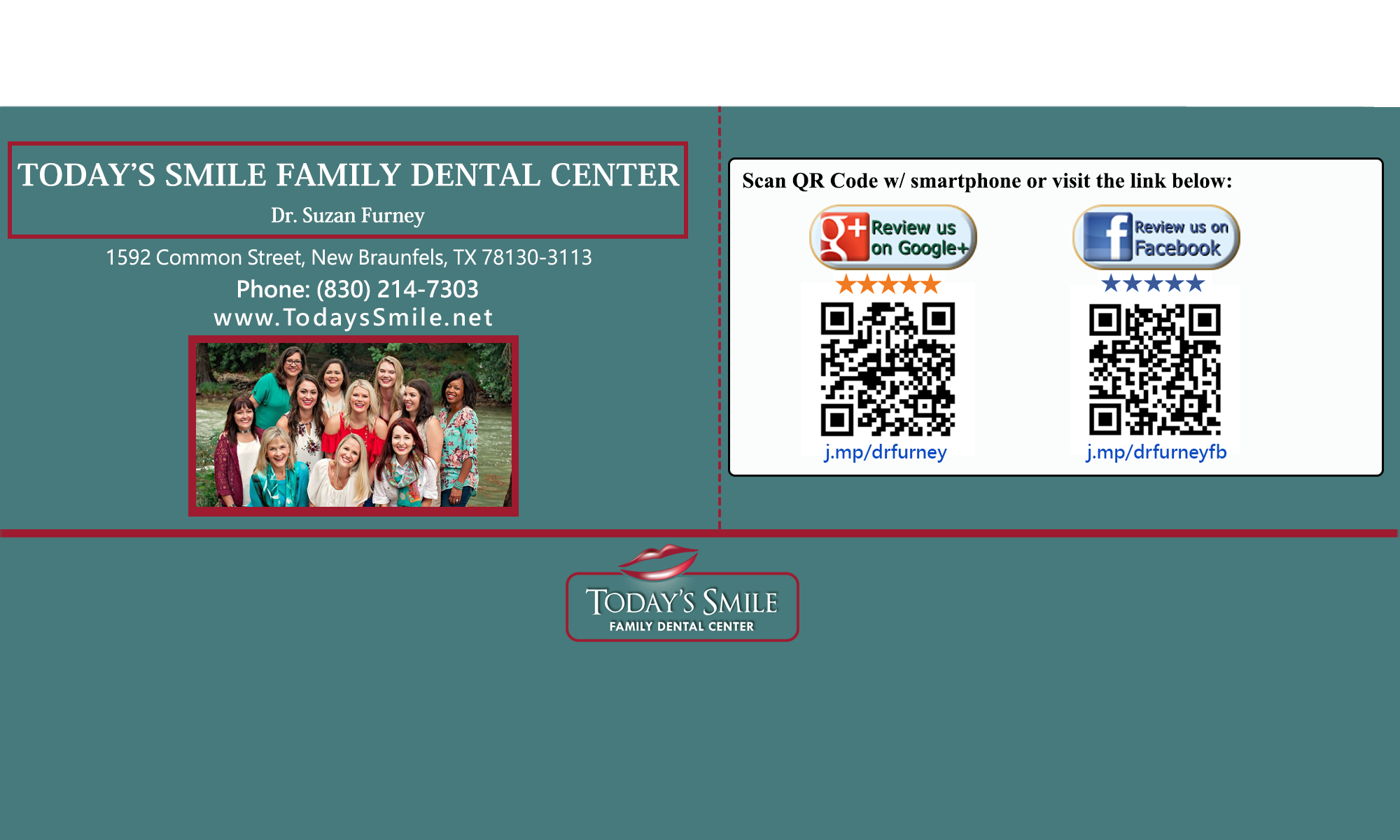For many patients, the dental cleaning appointment may seem little more than a more complicated version of brushing your teeth.
However, this appoinment plays a crucial role in patient education and prevention of dental disease.
The appointment is called a dental prophylaxis, or prophy and it’s one of the most important steps in your dental care program.
Here are some of the elements that it may include, depending on your needs:
– Oral hygiene evaluation
– Tooth brushing and flossing instructions
– Scaling above the gum to remove plaque and tartar
– Debridement of tartar beneath the gum
– Polishing the teeth
– Periodontal charting
It’s important to remove plaque from the teeth as it ultimately forms a hard, rough sediment known as tartar or calculus, which must be removed by a dental professional to help prevent periodontal disease.
Polishing the teeth removes stains and creates a feeling of fresh breath and a clean mouth.
The hygienist or dentist may recommend a prophylaxis visit every two to six months.
Although insurance may only cover two prophies a year, recall frequency depends on many factors and should be based on individual needs.
These appointments can help you have much better dental health and could save you a great deal of time and money in the long run.
